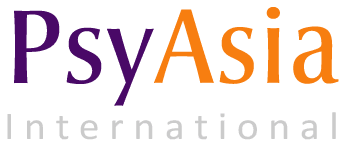Organizational conflict is popularly known as a disruptive influence within organizations, as it can affect the organizational effectiveness and lead to counterproductive behaviours. This may not always be the case as research has suggested that conflict at moderate levels within an organization is optimal for organizational effectiveness (Jones, 2004). It appears that some conflict is required for organizational effectiveness but overly high levels of conflict can harm organizational effectiveness.
Amason’s (1996) study regarding this phenomenon has identified and differentiated between two forms of conflict, functional and dysfunctional conflict. According to the author, functional conflict refers to differences in judgment regarding the achievement of common goals and is mainly task oriented while dysfunctional conflict tends to relate to personal differences and is likely to carry an emotional slant. The results of the study indicated that improvements to decision making were due to the cognitive aspects of conflict while decision making suffered due to the emotional aspects of conflict. The author also proposed that although simulation of cognitive aspects can help to promote functional conflict, often it may unintentionally raise emotional aspects leading to dysfunctional conflict (Amason, 1996). Therefore, it is important to note that conflict does play a part in determining organizational effectiveness and also that it is not totally undesirable as some conflict appears to be necessary to maximize performance.
Having considered different forms of conflict that might be present within organizations, it would be important for organizations to be able to differentiate between sources of conflict that may provide beneficial effects and sources of conflict that are associated with negative effects. This would allow organizations to maintain an optimal level of conflict to promote organizational effectiveness and undertake strategies to minimize the negative aspects that are associated with counter-productive conflict within the organization.
References
Amason, A. C. (1996). Distinguishing the Effects of Functional and Dysfunctional Conflict on Strategic Decision Making: Resolving a Paradox for Top Management Teams. The Academy of Management Journal, 39(1), 123-148.
Jones, G. R. (2004). Organizational Theory, Design, and Change (4th ed). New Jersey Pearson Education Inc.



